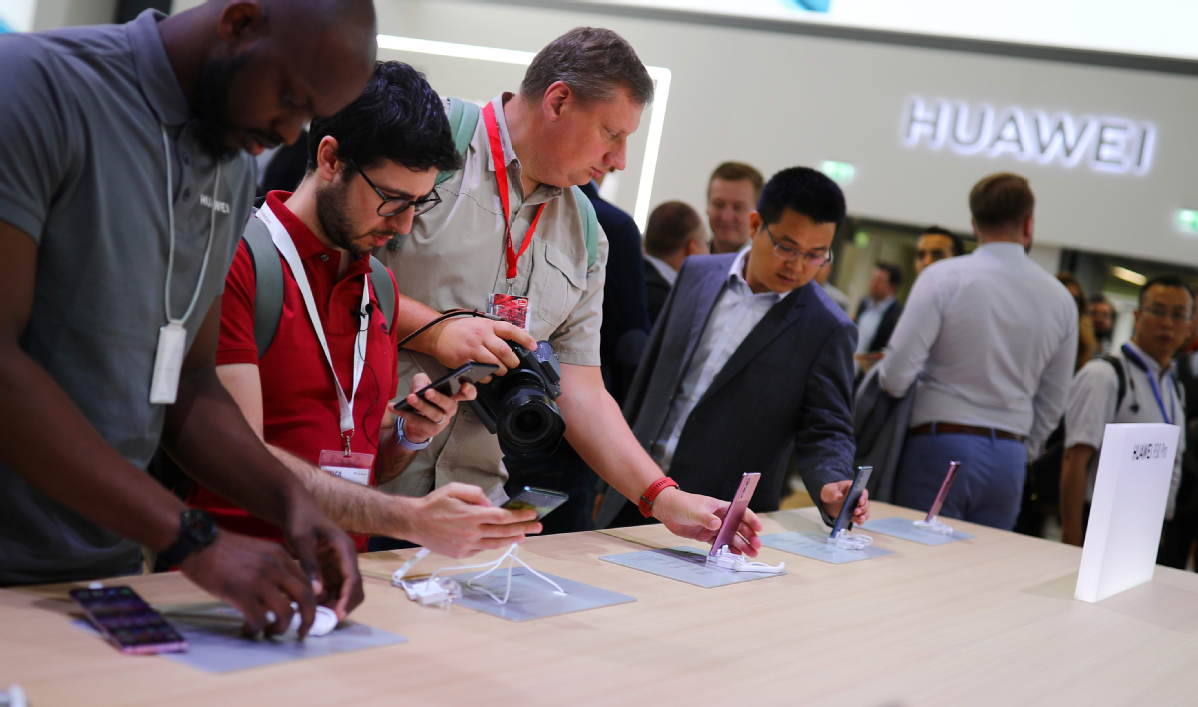From space exploration to 5G commercialization: How cooperation bolstered sci-tech advances in 2019
Xinhua | Updated: 2019-12-15 19:08

SHARED FUTURE
This June in Vienna, China Manned Space Agency and the United Nations Office for Outer Space Affairs (UNOOSA) announced the first batch of nine international scientific experiments from 17 countries selected for the Chinese space station expected to be operational around 2022.
"They come from governmental organizations, private entities and international associations. It is indeed great to see that most of the projects are collaborative international efforts," said UNOOSA Director Simonetta Di Pippo.
"I think this sends a very positive message about collaboration and fosters a good atmosphere across the space community," said Martin Barstow, a professor with University of Leicester and former president of the Royal Astronomical Society.
With unified international standards and data speeds much faster than 4G, 5G will underpin great advances in such areas as artificial intelligence, augmented reality and smart interconnection, and bring different nations and peoples closer than ever before.
Opening up and cooperation will remain a global consensus to promote the development of mobile communications, said Miao Wei, Chinese minister of industry and information technology, at the 2019 World 5G Convention in Beijing.
"China welcomes global companies and research institutions to jointly build a 5G network and share the benefits of its development," he said.
"Science and technology, for the common destiny of mankind" is the theme of this year's World Laureates Forum, and also a vision the participants said they are "striving to achieve."
In the Shanghai Initiative, leading scientists at the forum were clear: "Cooperation that is cross-border, cross-region, cross-discipline, and cross-culture in the past, present and future would always be a flag raised high."
























